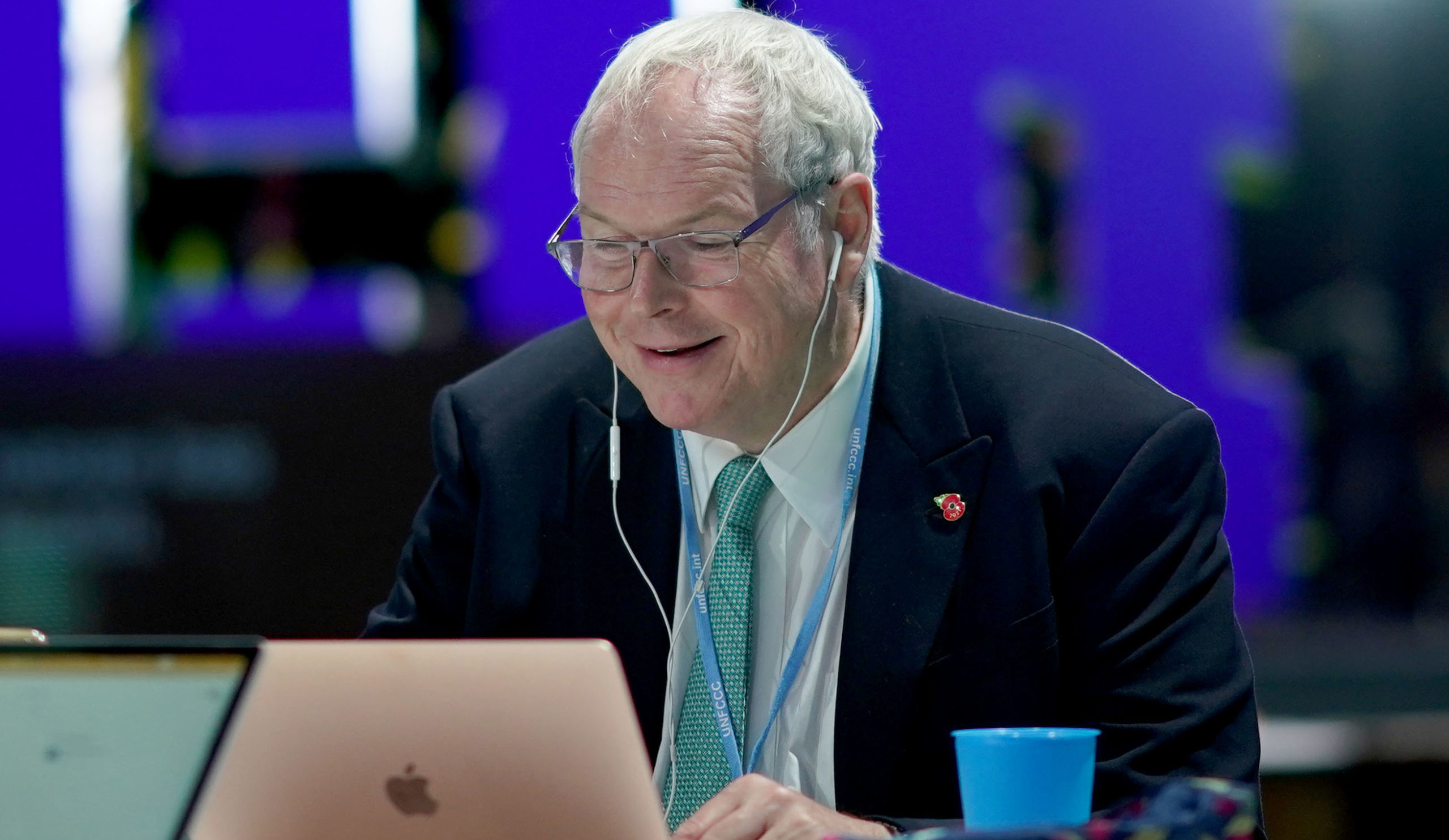It has been a year of endings for the nation’s leading broadcasters. Jon Snow announced he would stop presenting Channel 4 News in April. Andrew Neil’s sad experiment with GB News over the summer ended… abruptly. And now Adam Boulton is to quit his permanent post at Sky News.
The channel’s expected move towards digital and data journalism, as well as television’s appetite for fewer pale stale males, are the alleged causes. Still, Sky News head John Ryley praised Bolton as “the first political editor to treat politics as a dynamic, changing story, combining live commentary with video”.
Guido Fawkes, not known for its effusive praise, wrote that “Before Boulton and Sky News the BBC would have a little changed political report for most of the day.” The success of Fawkes’ own constantly updated blog is testament to how the internet finished the job that TV started: for the British news consumer politics is genuinely a twenty four hours a day business.
The rolling coverage of political mishap and occasional success is no doubt often entertaining. But is the country is better off because of it?
At the end of his premiership Tony Blair criticised the culture that TV journalism had created during his time in office. It was constantly hungry for issues, announcements, and agendas: “we had to have one for the morning, another for the afternoon and by the evening the agenda had already moved on.”
Blair noted that in the 1960s a Cabinet meeting might last two days on a serious issue, a period he thought was “laughable” in the context of modern media “without the heavens falling in before lunch on the first day”. Outside of major decisions, “coping with the media” was as big a task as anything else.
And while Dominic Cummings must be treated with scepticism, his claim to Parliament that Boris Johnson is “about 1,000 times far too obsessed with the media in a way which undermined him doing his own job”, is sadly believable. To some extent it was probably true of all Blair’s successors.
Such distraction might be justifiable if the public were better informed as a result, but evidence for that seems scant. Informative journalism these days is often about improving the signal amid the noise created by the press and social media.
The feverish commentary, in which mistakes and misunderstandings quickly spread, is merely a written record of how 24-hour news affects us. The drip-feed of fact with some mild speculation is far less reliable than a considered report the day after, as unfortunately evinced by ITV political editor Robert Peston’s Twitter feed.
Had Adam Boulton and Sky News not pioneered real-time news, no doubt somebody else would have done once the technology was there. But it’s hard to feel persuaded that the national conversation that he and his generation leave behind — despite being faster and more fun to watch — is the wiser for it.











Join the discussion
Join like minded readers that support our journalism by becoming a paid subscriber
To join the discussion in the comments, become a paid subscriber.
Join like minded readers that support our journalism, read unlimited articles and enjoy other subscriber-only benefits.
Subscribe